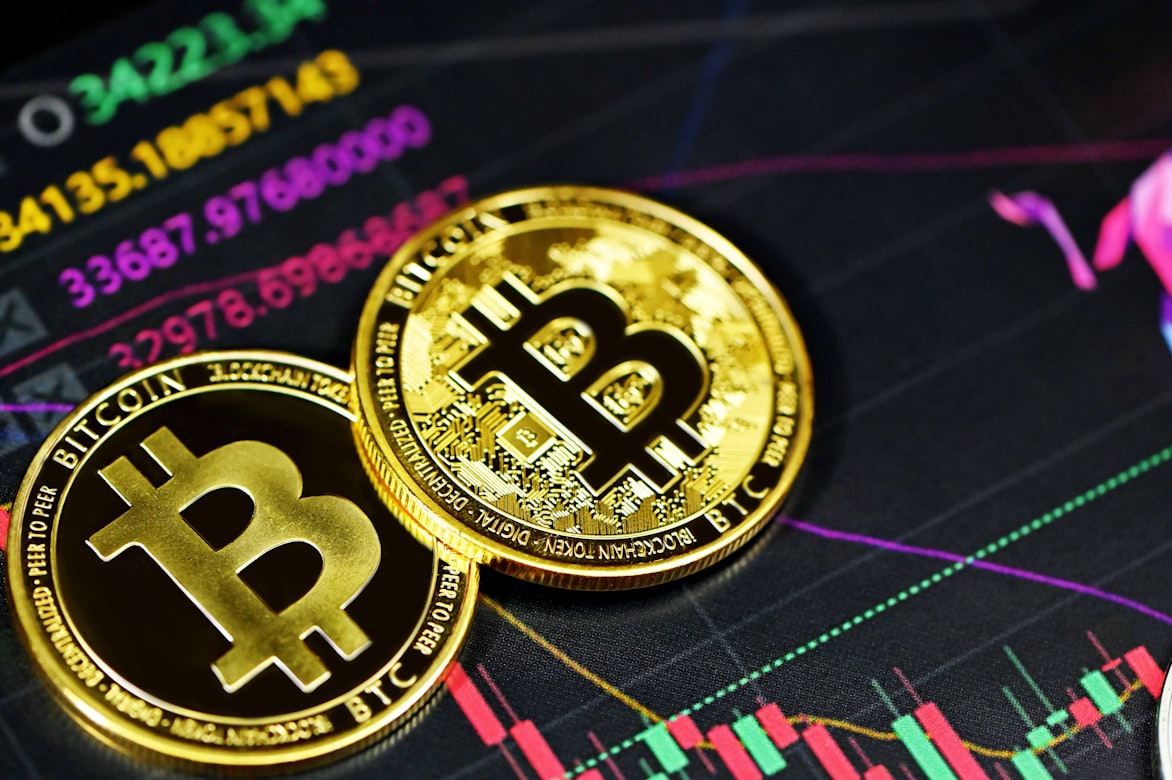Bitcoin- an Odyssey
The idea of digitalization of money was introduced in the early 1980s. Digitalization of money has become a global phenomenon that has drastically changed the traditional usage, transaction and storage of monetary assets.
Over the years, this phenomenon has given rise to digital currency also referred to as cryptocurrency. Today we’re looking back at the journey traced by one such digital currency which revolutionized the future of money across the globe.
Satoshi Nakamoto
The origin of cryptocurrency can be traced back to 31st October 2008, when Satoshi Nakamoto introduced their famous white paper on the cryptography mailing list. Satoshi Nakamoto, a pseudonym used by the founder(s) of Bitcoin is also referred to as the Father of Bitcoin which is presently valued at over one trillion dollars.
Bitcoin was founded with the goal to alter the elitist approach to currency and shift control to the common man by decentralising financial domination.
Satoshi Nakamoto's identity is considered to be one of the most well-kept secrets of the 21stcentury. Over the years enthusiasts have speculated about the identity and have often sponsored the idea of someone being the real founder of Bitcoin only to be proved wrong later on like in the case of Dorian Nakamoto.
Nakamoto’s real intent was to create a public domain that belonged to the common man and was run by the same which it has successfully assumed to a certain degree.
The irrelevance of Nakamoto’s identity in the growth and functioning of Bitcoin is the best example to explain the idea of decentralization and the complete elimination of one single controller propagated by cryptocurrencies. His identity continues to spark speculation from time to time but has ceased to be of relevance to the cryptocurrency world.
The Inception
On January 3rd 2009, the blockchain was launched when the first block, called the genesis block, was mined. The first test transaction was conducted a week later. Bitcoin’s first commercial transaction was made in 2010 when Laszlo Hanyecz, a programmer purchased two pizzas valued at 25$ for 10000 Bitcoins.
This transaction essentially established the initial real-world price or value of bitcoin at 4 bitcoins per penny.
Bitcoin launched the idea of decentralized digital currencies to the forefront of the global arena. The idea was adopted and redesigned by several competing brands such as Ripple, Ethereum etc but Bitcoin continues to dominate the cryptocurrency landscape. However, Bitcoin took time and one major breakthrough to reach the position it holds right now.
In 2017, December Bitcoin reached its first major peak of $19,650. Suddenly the entire world was talking about cryptocurrencies trying to learn the denominations and transactions. The Bitcoin peak was so revolutionary, some have compared the Bitcoin bubble to the internet boom in the 20th century. At present, Bitcoin peaked on 14th April, 2021 when it reached $64,863, breaking all previously made records.
Criticisms
The rapid growth of cryptocurrencies along with the anonymity it provides to its users has posed great difficulties to maintain corrupt or illegal activities through its transactions and trade.
Regardless of its immense potential and benefits, Bitcoins have been used in several instances to fund terrorist activities, for illegal trading, money laundering etc. Bitcoin has predominantly devised an anonymous, stable, digital mode of payment on places like the darknet where illegal transactions are conducted in abundance.
Future of Money?
Future of Money?
Bitcoin has carved a path on its own when it ventured into the foreign territory of digital currencies. It has faced backlash for its activities which cannot be monitored or curtailed by the Government or law but regardless has continued to grow exponentially.
Behemoths in the world of financial services like Blackrock, JPMorgan and BNY Mellon have started offering cryptocurrencies and related services to their customers thus adding to its legitimacy.
In a monumental decision, El Salvador legalised Bitcoin as an official currency. Bitcoin will now be accepted as a tender for all goods and services within the country. In order to further ease the citizens to the decision the government has not only purchased 400 Bitcoins but has also provided monetary remuneration to all citizens investing in Bitcoin.
This decision was made in light of the ongoing pandemic in order to tackle two major financial crises faced by the country. Several countries are expected to follow suit in the wake of this decision.
Bitcoin has led a phenomenal journey but not without its fair share of obstacles. What goes up must come down is almost synonymous with the peaks and subsequent crashes faced by investors in terms of cryptocurrencies.
While the prospects of replacing government-controlled, centralised money with a distributed and decentralized alternative, controlled by nothing besides market forces may seem like an attainable future for finances, it is impossible to say so with utmost certainty due to the dynamic economic landscape.
Written by - Kanchana Chakravarty
Edited by - Isha Singh













Social